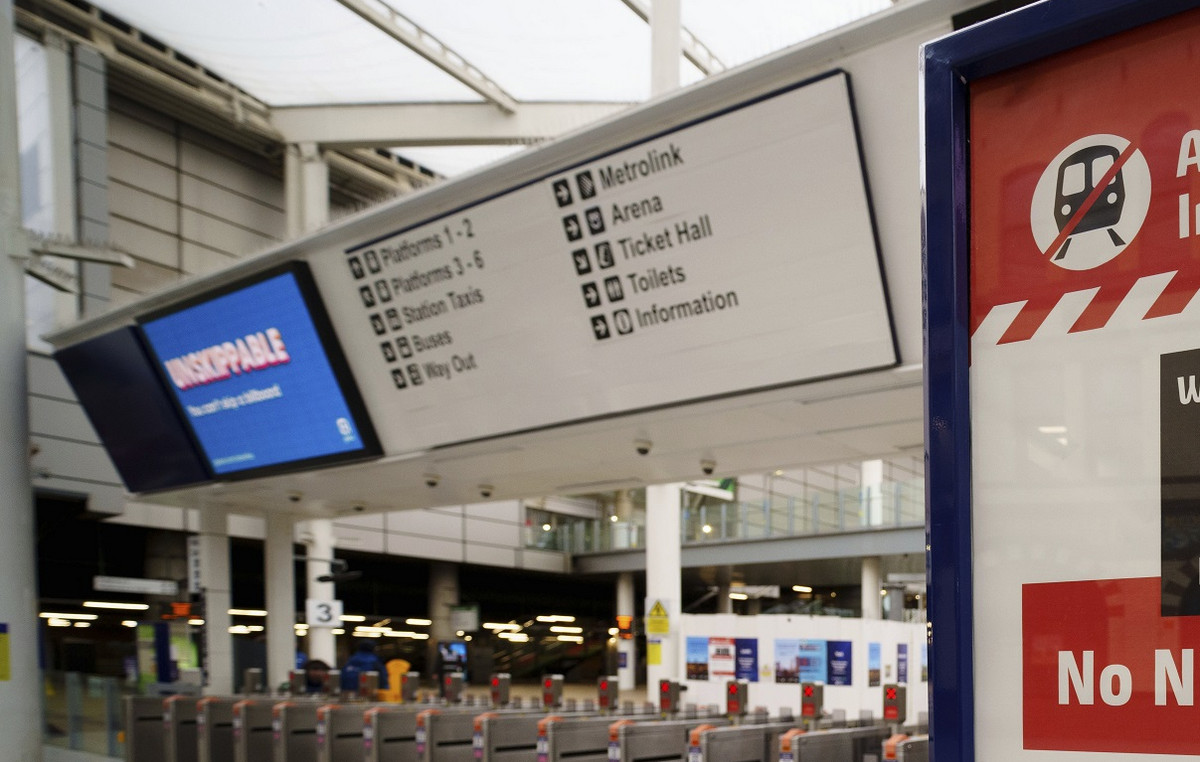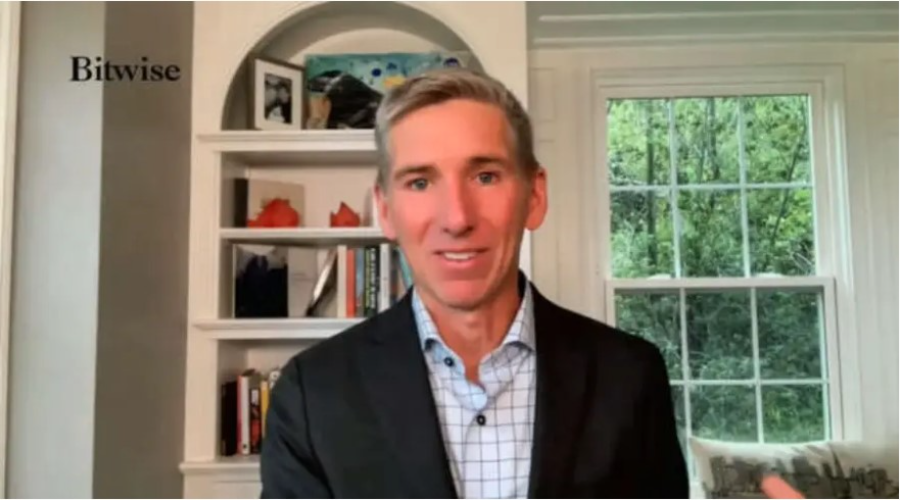On the eve of Argentina’s 40th anniversary of redemocratization, half of voters in the country say they do not mind an authoritarian government coming to power, as long as it solves national problems, according to a survey carried out by Poliarquía Consultores obtained by CNN .
The acceptance rate for a non-democratic government, but one that delivers results, reaches 67% of voters with primary education and 56% among those aged 18 to 29. The survey interviewed 1,000 interviewees, between September 25th and October 6th, in large urban centers in the neighboring country.
Argentines go to the polls this Sunday (22) for the first round of the presidential elections, with economist Javier Milei as the favorite. Presenting himself as an “outsider” in politics and an “anarcho-capitalist”, he defends issues such as the dollarization of the economy and the elimination of the Central Bank.
Video — Analysis: Milei’s accusations against Lula for loan to Argentina
Milei is also in favor of taxing public health and facilitating access to weapons. He criticizes sexual education in schools, relativizes crimes against humanity committed by the military dictatorship (1976-1983) and has already come out in defense of the liberalization of the trade in human organs.
For Daniel Zovatto, regional director for Latin America and the Caribbean at the Institute for Democracy and Electoral Assistance (Idea), there is not widespread acceptance of what he calls “dry authoritarianism”, but rather conditioned on the delivery of “results”.
“Nor is it an acceptance of traditional authoritarianism, via a coup d’état by the military. But of a new type of competitive authoritarianism that, even coming to power via more or less competitive elections, acts to gradually erode democracy from within,” Zovatto told CNN .
The survey asked respondents to react to the following statement: “I don’t care if a non-democratic government comes to power if it solves people’s problems.” Half responded that they agreed (35% agreed and 15% strongly agreed). Another 49% said they did not agree (35% disagreed and 14% strongly disagreed).
Meanwhile, the feeling of hopelessness is strong. When Argentines are asked what they believe the country’s situation will be like in a year’s time, pessimism prevails: 40% say it’s worse, 27% see improvement and 20% believe everything will stay the same. The rest did not respond.
Zovatto, who participated in the launch of the survey in Buenos Aires, sees a phenomenon of “bukelization” of Argentine politics.
This is a reference to the radical right-wing government of President Nayib Bukele, of El Salvador, one of the most popular in Latin America and which adopts a hard-line stance in the fight against crime.
“In summary: in Argentine society there is demand, tolerance or acceptance for authoritarian leadership as long as it produces results [na percepção dos cidadãos]”, says Zovatto. “This explains the high level of electoral support that Milei had in the primaries and that she may have again this Sunday.”
Source: CNN Brasil
Bruce Belcher is a seasoned author with over 5 years of experience in world news. He writes for online news websites and provides in-depth analysis on the world stock market. Bruce is known for his insightful perspectives and commitment to keeping the public informed.







